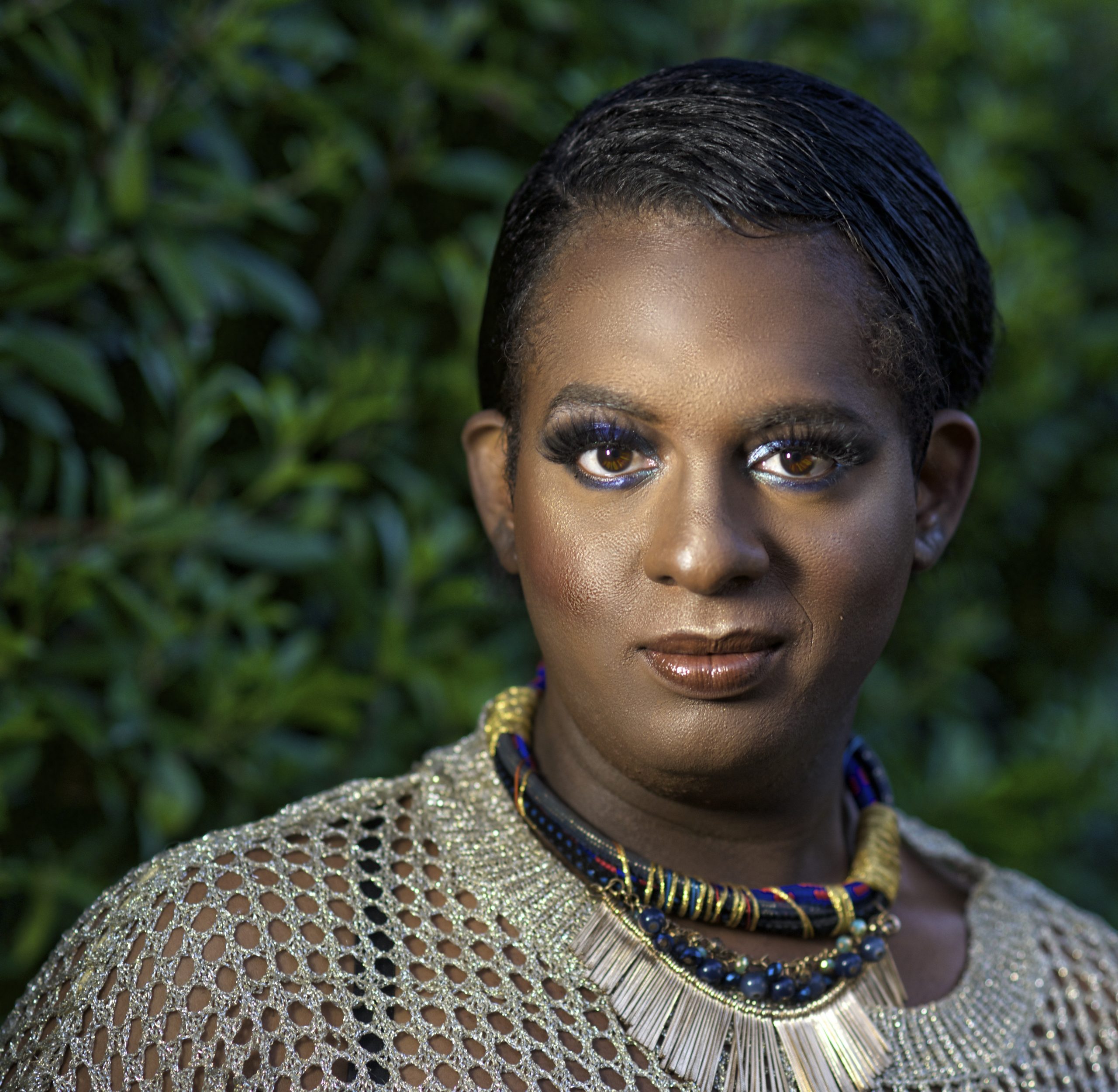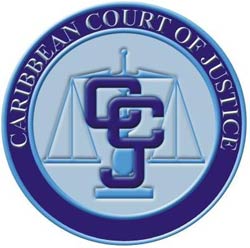Barbados legislates anti-trans bigotry
Colin Stewart is a 45-year journalism veteran living in Southern…
As they passed a bill to protect gays, lesbians and bisexuals, Barbados legislators betrayed trans people.
COMMENTARY

By Alexa D.V. Hoffmann
For three years I worked as a secretary/receptionist/clerk/bearer at a small law firm in Bridgetown, Barbados. The managing partner knew that I was trans, but he refused to use my correct name and often misgendered me in front of clients and co-workers. Despite this blatant discrimination and hostility, I loved my job as I had entertained the idea of becoming a lawyer someday. Over time I was entrusted with increasing responsibilities, including overseeing all the substantial client accounts.
In October 2018, I successfully changed my name officially. When I notified my boss, he sent me home indefinitely. He gave me no notice or reason and simply told me that he would advise me when to return to work. For weeks I called and sent him emails asking about my job and unpaid salary, but I was constantly stonewalled.
With nowhere else to turn and my funds running low I filed a complaint with the Labour Department to at least get my outstanding wages. It was only in response to my complaint that the firm’s managing partner revealed that he effectively fired me because I had legally changed my name and he had a personal issue with the fact that I affirmed my gender identity in this way. At the same time, he also admitted to the Labour Department that I was a “very good employee who acted professionally, always got on with the job and was even a credit to the office.” But my decision to exercise autonomy over my life and further actualise myself was enough grounds for him to terminate me.
My complaint for unfair dismissal is now awaiting a hearing before the island’s Employment Rights Tribunal.
Fast-forward nearly two years to July 28, 2020. On that fateful day, the Employment (Prevention of Discrimination) Bill (EPD) was debated and passed by the House of Assembly. This bill was arguably meant to create a level playing field for everyone in the workplace — from the moment there is a job vacancy, right through to termination, should things come to that. The bill has been lauded by LGBT advocates in Barbados because, for the first time, persons are protected from employment discrimination on the basis of their sexual orientation. However, gender identity and expression are markedly absent from the bill.
During the House debate, one government Member of Parliament (MP) explained why it was necessary to protect diverse groups and made mention of the circumstances surrounding my case, which has been published in the local newspapers. However, he incorrectly referred to my situation as an instance where “an individual was terminated from their job at a certain workplace after they revealed that they were of a different sexual identity.” The MPs conflating sexual orientation and gender identity is regrettable to say the least, but the consequences of the bill’s glaring omission of gender identity and expression are tragic for trans Barbadians. We remain unprotected from discrimination, and therefore a case like mine could recur.
From the moment I noticed the omission, I spoke out about it, as I see it as slapping and spitting in my face as well as the faces of other trans and gender non-conforming (GNC) people. Many of us are often denied an interview or a position at a workplace and, if we start transitioning on the job, we are reprimanded, suspended or even fired for showing up to work wearing “the wrong thing.” As in my case, simply asking to be called by our name is grounds for dismissal.
In the course of my numerous social media posts about the deplorable exclusion of trans people from the EPD, I was informed by at least two LGBT advocates on the island that many consultations were had in the bill’s infancy where the LGBT community was invited to contribute to the EPD’s content. This was news to me as I never heard about these consultations, despite my well-publicized activities for the full inclusion of LGBT people in Barbadian society, such as my Petition before the Inter-American Commission on Human Rights challenging the anti-sodomy law. I can only surmise that I was deliberately excluded from these consultations despite the ease with which most LGBT advocates can reach me, especially when they need a media sound bite on the realities of trans lives and what we face daily!
More upsetting was when I was advised that another representative from the trans community had pushed for gender identity to be included in the bill, but when the recommendation fell on deaf ears neither this trans person nor the LGBT organization that they work with called out the government for its refusal to protect trans and GNC people from discrimination!
Effectively, trans people in Barbados were sold out, and this betrayal was downplayed by exuberant celebrations congratulating the government for passing a bill that protects gay, lesbian and bisexual people, as well as individuals of other divergent sexual orientation. But the continued exclusion of trans people is revolting.

And despite the celebrations by some, this bill violates Barbados’ Constitution as well as our international obligations. Section 20 of our Constitution guarantees to all citizens the right to freedom of expression. Courts around the world, including our final appellate body, the Caribbean Court of Justice, have stated categorically that this right includes gender identity and expression! Further, as a signatory to the American Convention on Human Rights and the only anglophone Caribbean country that recognizes the jurisdiction of the Inter-American Court of Human Rights, Barbados is bound by the court’s decisions. In 2017 the court declared that states party to the Convention, such as Barbados, must protect persons against discrimination based on their gender identity and expression. The celebration of the bill’s passage at the expense of the human rights of trans people therefore means celebrating the triumph of bigotry over the rule of law.
Many individuals have tried to placate me with the idea that once the bill becomes law it can be amended to include gender identity and expression. But the harsh reality is that many of us trans and GNC people may never live to see that amendment if it ever happens. Right now, there are trans people who have not held a stable, consistently paying job in years, if they ever manage to land one at all. This is often because of prejudices against who we are. There are trans people who will continue to be excluded from employment after this law is enacted, as there is nothing in it that explicitly protects us.
Much like my case, if a trans person is prejudiced out of their job, they will be forced to undertake extensive and expensive legal research to get justice. And many employers will continue to discriminate against us because they assume that we will not be in a position to seek redress. In the time that we wait for whatever other moment comes around that will trigger an amendment to this bill, have it read in Parliament, debated and passed in order to finally protect trans people, many of us will have to face the very real prospect of being unable to pay our bills, feed ourselves or see after anything or anyone under our care.
As the old adage goes, the horse is starving while the grass is growing! Trans Barbadians will literally starve while we wait for this defective bill to be amended. As citizens, we deserve better than this unconscionable and unconstitutional betrayal.
Related articles:
- Barbados: Why delay LGBTI workplace bias law? (1st of 2) (July 2020, 76crimes.com)
- Barbados: Why delay LGBTI workplace bias law? (2nd of 2) (July 2020, 76crimes.com)
- Barbados: Come for the beaches, stay for the life sentence (July 2020, 76crimes.com)
- A Barbados welcome for everyone but LGBTQ couples (July 2020, 76crimes.com)
- Three betrayals by three powerful Caribbean women (July 2020, 76crimes.com)
- This blog’s archive of articles by and about Alexa D.V. Hoffmann.




